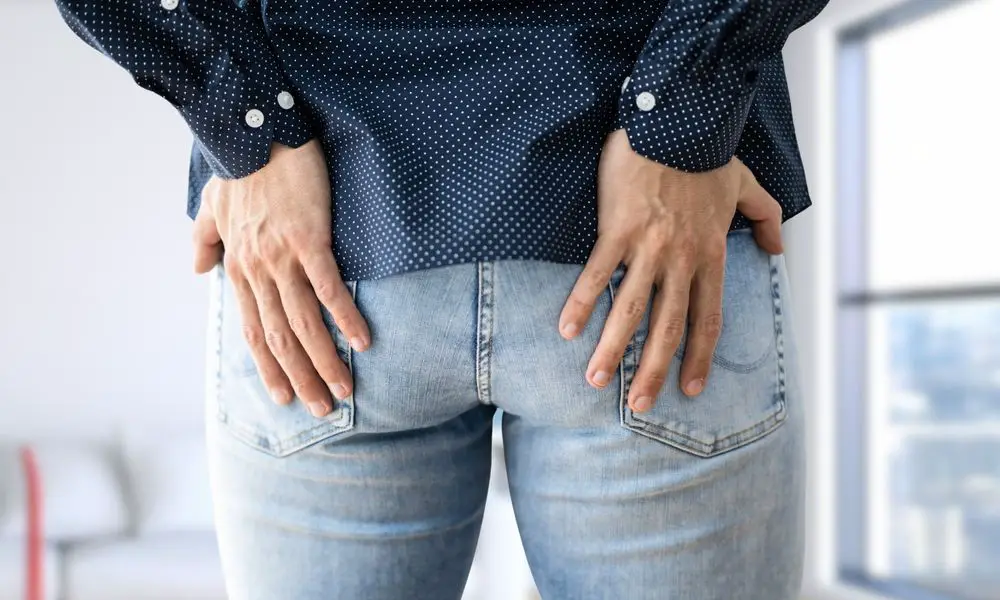Does KP Itch and How Beauticians Can Help Clients
As a beautician, you are often the first line of defense for clients seeking solutions to their skincare woes. One of the common questions that might arise is, 'Does KP itch?' For those unfamiliar, KP stands for Keratosis Pilaris, a prevalent skin condition affecting many individuals. While some people experience this condition without any discomfort, others report significant itching and irritation.
Understanding whether KP itches and why it happens is crucial for providing effective advice and services to your clients. In this article, we will dive deep into the nature of Keratosis Pilaris, explore whether it causes itching, and discuss what you, as a beautician, can do to help your clients manage this condition.

What is Keratosis Pilaris?
Before addressing the question, 'Does KP itch?', it's important to grasp what KP is. Keratosis Pilaris is a common skin condition characterized by small, rough, and sometimes red or brown bumps on the skin, often described as resembling goosebumps or chicken skin. These bumps usually occur on the arms, thighs, cheeks, and buttocks.
The condition arises when keratin, a protein that protects the skin from infections and other harmful things, builds up and blocks the openings of hair follicles. Although harmless, it can be aesthetically displeasing and, for some, uncomfortable.
Does KP Itch? The Truth Behind the Symptoms
So, does KP itch? The answer is not straightforward. While Keratosis Pilaris is primarily a cosmetic issue, the texture and dryness associated with it can lead to itchiness, especially if the skin becomes overly dry or irritated. The severity of itching can vary from person to person, influenced by factors like skin type, climate, and personal skincare habits.
For some individuals, the itching is mild and infrequent, while for others, it can be a persistent annoyance. Recognizing the symptoms and triggers is key to managing the itch effectively.
Identifying Triggers of KP Itch
Several factors can exacerbate the itchiness associated with KP:
- Dry Skin: Lack of moisture can worsen the symptoms of KP, leading to increased itching.
- Harsh Soaps and Detergents: Products with strong chemicals can irritate sensitive skin.
- Climate: Cold and dry weather can exacerbate skin dryness, potentially increasing itchiness.
- Friction: Wearing tight clothing or aggressive scrubbing can irritate the skin.
Understanding these triggers helps in advising clients on lifestyle adjustments and skincare routines to minimize discomfort.
Skincare Solutions for KP-Related Itch
As a beautician, you can guide your clients towards effective solutions to manage their KP symptoms, particularly the itchiness. Here are some expert tips:
Moisturizing is Key
Encourage clients to use a high-quality moisturizer daily to maintain skin hydration. Look for products containing urea, lactic acid, or alpha hydroxy acids, which help to exfoliate and soften the skin. For more on how these ingredients benefit KP, check out Healthline's guide on keratosis pilaris.
Gentle Exfoliation
Advise clients to exfoliate their skin gently to remove dead skin cells and unclog hair follicles. However, caution them against over-exfoliating, as this can lead to further irritation. For more tips on how to integrate exfoliation into a routine, visit KP Tips for Women's Shaving Routine.
Soothing Ingredients
Recommend products with calming ingredients such as aloe vera, chamomile, and green tea extract to soothe itchy skin. These ingredients offer anti-inflammatory benefits and can reduce irritation.
Educating Clients About KP
Education is a powerful tool in managing skin conditions like KP. Provide clients with information about what KP is and how lifestyle choices can impact their symptoms. Encourage them to monitor their skin and note any changes or triggers that worsen their condition.
For a deeper dive into understanding KP from a holistic perspective, refer them to resources like the British Association of Dermatologists' guide on keratosis pilaris.

FAQs About KP and Itching
Can KP be completely cured?
While there is no permanent cure for KP, symptoms can be effectively managed with proper skincare and lifestyle adjustments. Learn more about treatment options here.
Are there specific products that can help with KP itch?
Yes, products containing exfoliating acids like lactic or glycolic acid can improve the texture of the skin and reduce itching. It's important to use these products as directed and consult with a dermatologist if needed.
How can I prevent KP from worsening?
Maintaining a regular skincare routine that includes gentle cleansing, moisturization, and exfoliation can help prevent worsening of KP symptoms. Avoiding known triggers, such as harsh detergents and tight clothing, is also beneficial.
In conclusion, understanding the nuances of Keratosis Pilaris and its potential to cause itchiness is essential for beauticians. By offering informed advice and recommending suitable products, you can significantly improve your clients' skincare experience and guide them towards healthier, more comfortable skin.

